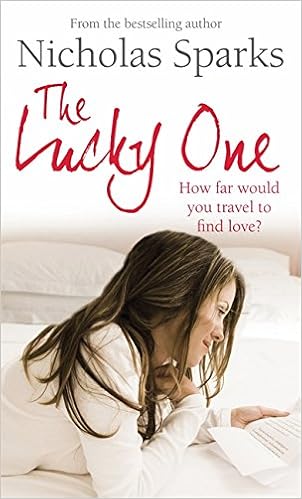I am writing this review for all three books of the One Part Woman set - One Part Woman, A Lonely Harvest and Trial by Silence.
| Via Google |
One part woman is the story of a childless couple, Kali and Ponna who endure the insults and social stigma of the village. The story deals with the tender romance and the intense intimacy of this married couple. Ponna is portrayed to be a very story and good natured woman. Her portrayal is so down to earth that we can still see someone alike her if we go to any rural part of Tamil Nadu. The attire, the village settings still remain the same, save for technology like Mobiles and Televisions.
The first part ends in a cliff hanger and I found myself craving for more. I couldn't resist reading the first sequel A lonely harvest though Trial by silence seems to be the most favourite. The author continues the story promptly from where he left in the first half. After having written a superb first half, the second half also demands a similar effort. And the author has given us two endings to suit ourselves. After having finished this version I thought this was a more realistic version but the second version too proved to be realistic.
Ritual or custom, still a mere one night stand would mean infidelity. One may argue that it happened at a time when there were no advanced treatments like IVF available. But infidelity in the name of god is even worse. I still see couple who are childless in spite of all these medical advancements. One way is to sever all relationships start afresh or adopt. For someone who had been honest and faithful, Kali's anger was justified in both sequels. And the measures Ponna takes to redeem herself is quite painstaking and depressing in both sequels.
The second sequel was also quite depressing as we witness the relationship wither and there is no way to salvage it. But somehow it ends on a happy note. All is fair in love and war and so they forgive and forget as they forge a new life. Some incidents depicted just question the very base of our culture which advices and advocates that virtue is above life. No wonder the author got into problems with the hypocrites and bureaucrats alike.
One interesting character worth mention was Uncle Nallayan. His experiences, stories and talks were an antidote to the suffering couple. The character gave a lighter vein to the whole story, but his character had not been given a rounded ending. It was a huge disappointment. The first sequel showed the author's interest in farming and rearing. The setting and picturesque surroundings were portrayed with great detail as the author was born in a farming family in the same locality.
After having read the depressing second part two times I was quite sad when the story ended on a happy note in just a line. I was craving for more happy episodes. The translation by Aniruddhan Vasudevan was a delight. Nothing was lost in translation and since Tamil is my mother tongue, I could see how precisely he had translated the native slangs and proverbs too. On the whole it was a good read, all three books.





